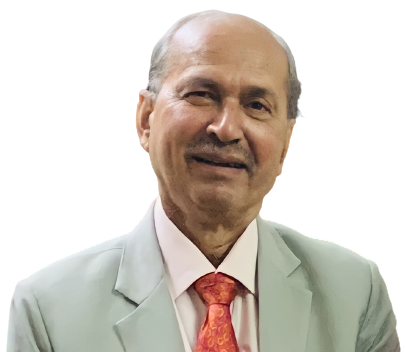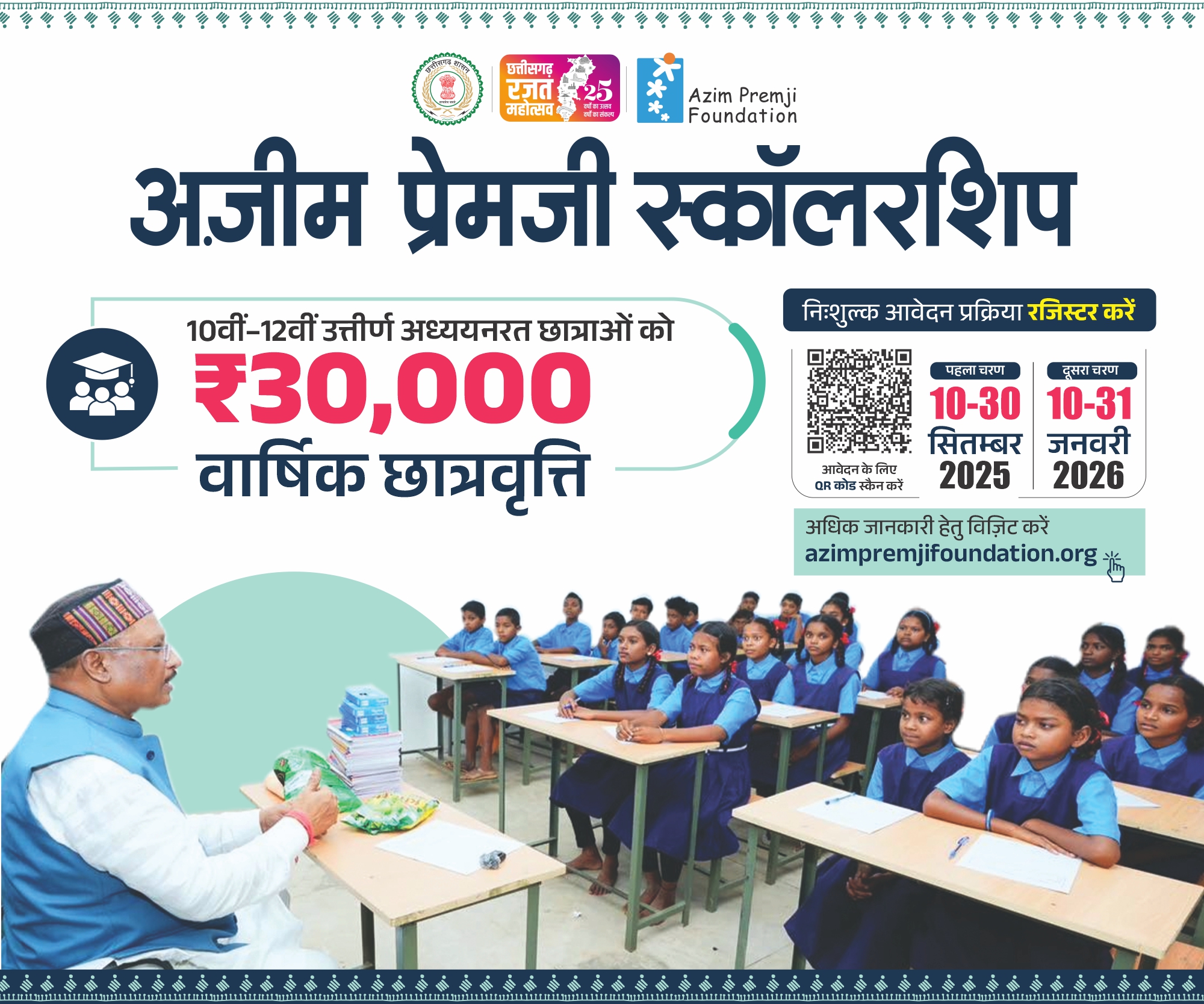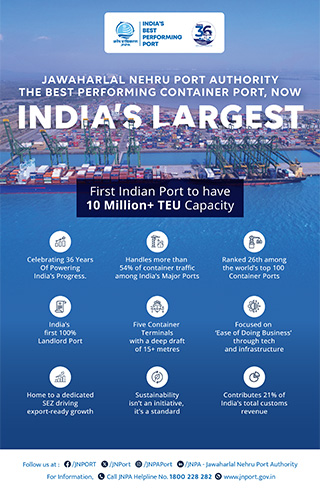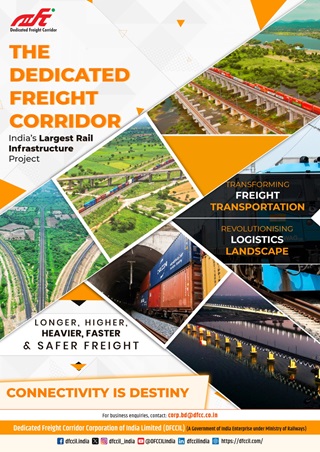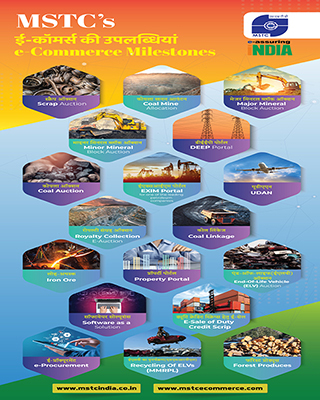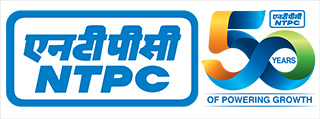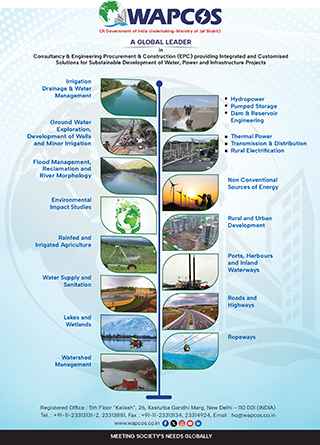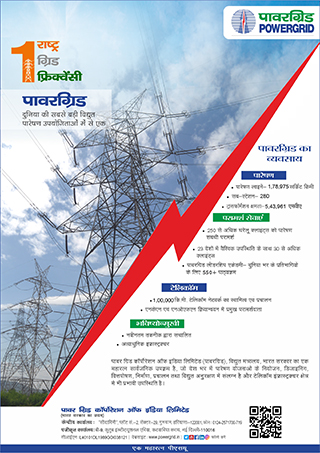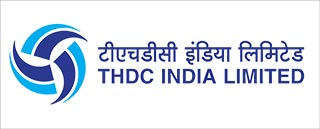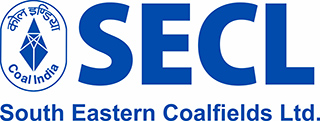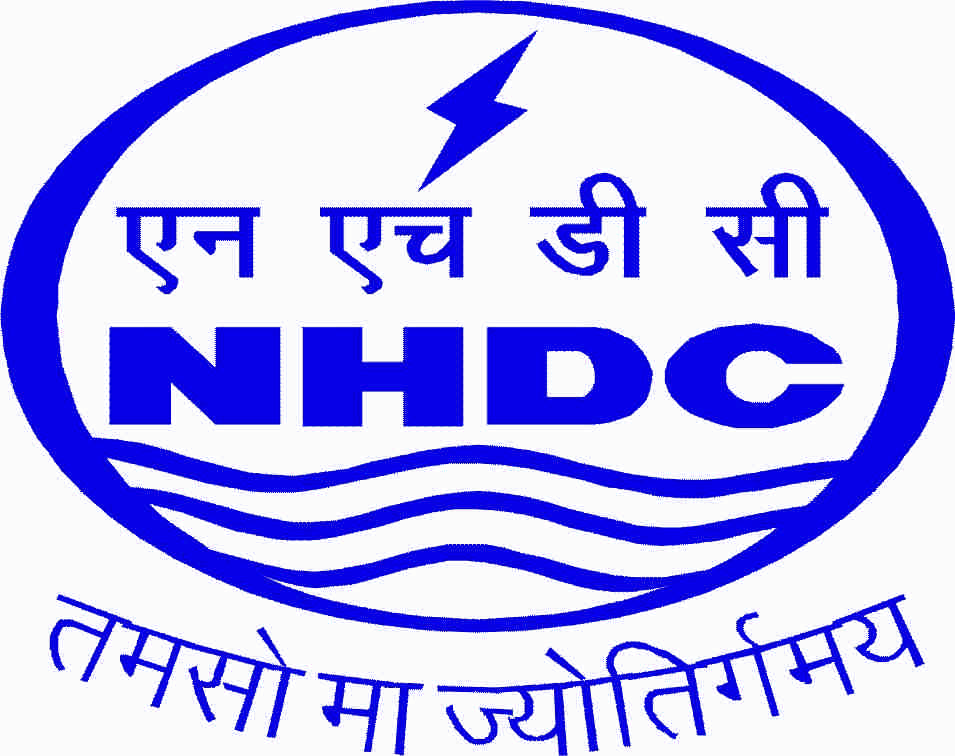whispers in the corridors
 The inaugural India SAF Conclave and Awards 2025 successfully convened on September 15 in New Delhi, marking a historic milestone in India’s journey towards sustainable aviation. The landmark event brought together global leaders, policymakers, innovators, and industry stakeholders to shape a cleaner, more resilient future for the aviation sector through Sustainable Aviation Fuel (SAF). Organized by the SAF Association, the conclave carried the theme “Powering the Future of Sustainable Aviation” with a special focus on building a “Farm to Aviation Fuel Economy.” The event spotlighted India’s vast potential to become a global hub for SAF innovation, feedstock production, and deployment. Rohit Kumar, Secretary General of SAF Association, emphasized the need for a unified approach, stating, “SAF Association is a collective platform for catalysing and shaping India's SAF roadmap by aligning efforts with global initiatives. Through collaboration, technology, and policy, we can make India a SAF powerhouse.” He added, “Sustainable Aviation Fuel represents a significant opportunity for the 'Make in India' initiative due to its potential to boost domestic manufacturing, reduce reliance on imports, and promote green energy innovation. SAF is important for India for several strategic, environmental, and economic reasons.” Jimmy Olsson, President of the SAF Association, highlighted the socio-economic potential of SAF in India. “SAF is a natural fit for Make in India – it combines green energy goals with economic development, technological innovation, and job creation in rural parts of India. By investing in SAF, India can lead the global shift toward sustainable aviation while strengthening its domestic industry,” he said. Shashank Chaudhary, Additional CEO of Invest UP, underlined the role of states in SAF development. “Uttar Pradesh government is projecting itself as the national hub for SAF production. We are promoting doubling the farmers’ income with our initiatives,” he stated. Dr. Anita Gupta from the Department of Science and Technology stressed the importance of talent and innovation in building the SAF ecosystem. “There is greater need to empower the sustainable aviation fuel ecosystem. There are unique opportunities that India possesses as we have a huge talent pool,” she noted. With over 750 million metric tonnes of biomass and 230 million metric tonnes of surplus agricultural residue annually, India stands uniquely positioned to meet its domestic SAF needs and emerge as a global exporter. As the world’s third-largest domestic aviation market, India’s clean fuel push aligns well with its feedstock availability, cost-effective production, and supportive policy environment.
The inaugural India SAF Conclave and Awards 2025 successfully convened on September 15 in New Delhi, marking a historic milestone in India’s journey towards sustainable aviation. The landmark event brought together global leaders, policymakers, innovators, and industry stakeholders to shape a cleaner, more resilient future for the aviation sector through Sustainable Aviation Fuel (SAF). Organized by the SAF Association, the conclave carried the theme “Powering the Future of Sustainable Aviation” with a special focus on building a “Farm to Aviation Fuel Economy.” The event spotlighted India’s vast potential to become a global hub for SAF innovation, feedstock production, and deployment. Rohit Kumar, Secretary General of SAF Association, emphasized the need for a unified approach, stating, “SAF Association is a collective platform for catalysing and shaping India's SAF roadmap by aligning efforts with global initiatives. Through collaboration, technology, and policy, we can make India a SAF powerhouse.” He added, “Sustainable Aviation Fuel represents a significant opportunity for the 'Make in India' initiative due to its potential to boost domestic manufacturing, reduce reliance on imports, and promote green energy innovation. SAF is important for India for several strategic, environmental, and economic reasons.” Jimmy Olsson, President of the SAF Association, highlighted the socio-economic potential of SAF in India. “SAF is a natural fit for Make in India – it combines green energy goals with economic development, technological innovation, and job creation in rural parts of India. By investing in SAF, India can lead the global shift toward sustainable aviation while strengthening its domestic industry,” he said. Shashank Chaudhary, Additional CEO of Invest UP, underlined the role of states in SAF development. “Uttar Pradesh government is projecting itself as the national hub for SAF production. We are promoting doubling the farmers’ income with our initiatives,” he stated. Dr. Anita Gupta from the Department of Science and Technology stressed the importance of talent and innovation in building the SAF ecosystem. “There is greater need to empower the sustainable aviation fuel ecosystem. There are unique opportunities that India possesses as we have a huge talent pool,” she noted. With over 750 million metric tonnes of biomass and 230 million metric tonnes of surplus agricultural residue annually, India stands uniquely positioned to meet its domestic SAF needs and emerge as a global exporter. As the world’s third-largest domestic aviation market, India’s clean fuel push aligns well with its feedstock availability, cost-effective production, and supportive policy environment.

Send Feedback
- Inauguration of Rajbhasha Pakhwada at SECL Headquarters (UPDATED)
- Vishvajit Sahay promoted as Controller General of Defence Accounts grade (UPDATED)
- P C Meena is also Commissioner & Secretary, GAD, in Haryana (UPDATED)
- Cadre of Himanshu Kaushik transferred to UP (UPDATED)
- Will Vikas Sheel be new Chief Secetary of Chhattisgarh ? (UPDATED)
- HUDCO holds its 55th AGM at HUDCO Bhawan through video conferencing (UPDATED)
- HUDCO honoured on Hindi Diwas (UPDATED)
- Ms Astha Modi inducted as SP, CBI (UPDATED)
- Tenure of Raguramarajan as SP, CBI extended (UPDATED)
- Interviews for Marketing Officer, DA&FW posts from Oct 6
- Asstt Director sought for NCSC & MoSJE
- Ladakh School Education Department seeks Urdu lecturer
- Vacancies for Addl Govty Adviser, Legal Affairs dept advertised
- Vacancies for Addl Govt Advocate, Legal Affairs dept advertised
- ET Consultant-GFF Country Coordinator, Rwanda post advertised
- Sr Investment Officer-PPP Transaction Advisory post advertised
- IRCON advertises CGM- Civil for Rangpo Rail Project, Siliguri
- IPRRCL to fill AGM-Civil, Bilaspur post
- IPRRCL to fill various posts across India
- Indian defence companies harnessing AI for modern warfare !
- CBIC grants NFU to IRS officer
- IP&TAFS officer to join C&AG
- 30 ITS officers joined DoT
- Sasikumar appointed as Director, Power
- Pankaj Kumar Sharma in race for CMD, Coal India Ltd
- Mansoor Hasan Khan appointed as Joint Secretary, Youth Affairs
- Ms Radhika Jha appointed as Joint Secretary, Women & Child Development
- Ajeet Kumar appointed as Joint Secretary, Women & Child Development
- Sumant Narain appointed as Joint Secretary, Water Resources
- Rajamurugan Muthukalathi appointed as MD, TRIFED
- Harikishore appointed as Joint Secretary, Tourism
- Nishant Verma appointed as Joint Secretary, ANRF
- Chetan Nand Singh appointed as Joint Secretary, Road Transport
- Shreeshail Malge appointed as Joint Secretary, Posts
- Aman Sharma appointed as Joint Secretary, Pharmaceuticals
- Satyaprakash T L appointed as Joint Secretary, Pharmaceuticals
- Sushil Kumar Patel appointed as Joint Secretary, DoPT
- Ms Nidhi Pandey appointed as Joint Secretary, Official Language
- Ms Archana Mittal appointed as Joint Secretary, NITI Aayog
- Phool Chand Prasad appointed as Joint Secretary, Legal Affairs
- Ajay Kumar appointed as Joint Secretary, Legal Affairs
- Suresh Kumar appointed as Joint Secretary, Justice
- Ms Garima Singh appointed as Joint Secretary, I&B
- Chetan P S Rao appointed as Member (Finance), DDA
- Madhup Vyas appointed as ED, NIDM
- Arvind Khare appointed as Joint Secretary, MHA
- Ms Shalini Pandit appointed as Joint Secretary, Financial Services
- Krishna Kant Pathak appointed as Joint Secretary, Fertilizers
- Ms Ekroop Caur appointed as Joint Secretary, Expenditure
- Tarun Kumar Pithode appointed as Joint Secretary, EF&CC
- Amit Singla appointed as Joint Secretary, Economic Affairs
- Ms Aishvarya Singh appointed as Joint Secretary, Drinking Water & Sanitation
- Ms Anvita Sinha appointed as Joint Secretary, NDC
- Ms Meenakshi Jolly appointed as Additional DG, National Museum
- Ashim Kumar Modi appointed as Joint Secretary, Coal
- Ms Nidhi Pandey appointed as Joint Secretary, Atomic Energy
- Ms Chhavi Bhardwaj appointed as Joint Secretary, DoPT
- Dinesh Kumar Verma appointed as Joint Secretary, PESB
- Tarun Kumar appointed as Joint Secretary (Pers), MEA
- Justice Bhandari appointed as Chairman of PMLA Appellate Tribunal
- Ms Shilpa Sachin Shinde appointed as CMD, WAPCOS
- Ms V Lalithalakshmi appointed as Joint Secretary, Vice President’s Secretariat
- M Angamuthu appointed as Chairperson, Mumbai Port Authority
- Pawan Kumar Sharma appointed as Deputy Election Commissioner
- Ms Amrita Darpan appointed as CVO, DDA
- Jawahar Lal appointed as CVO, MMTC
- Rajneesh Kumar Tomar appointed as Combined CVO, MES & BRO
- Ravindra Pratap Singh appointed as CVO, SPMCIL
- Pankaj Porwal appointed as CVO, SJVNL
- C Neelakanta Reddy appointed as CVo, NMDC
- Raj Kumar appointed as CVO, IRCON International Ltd
- Mukesh Kumar appointed as CVO, RVNL
- Name of Kishore Gurdasani recommended as Director (Ope), AWEIL
- 46 officers promoted as PCIT in IRS I-T
- L Satya Srinivas appointed as ED, ADB
- Chandrasekar appointed as Private Secretary to Vice President
- Amit Khare appointed as Secretary to Vice President
- Anandi Ramalingam to be new CIC ?
- CIC is headless
